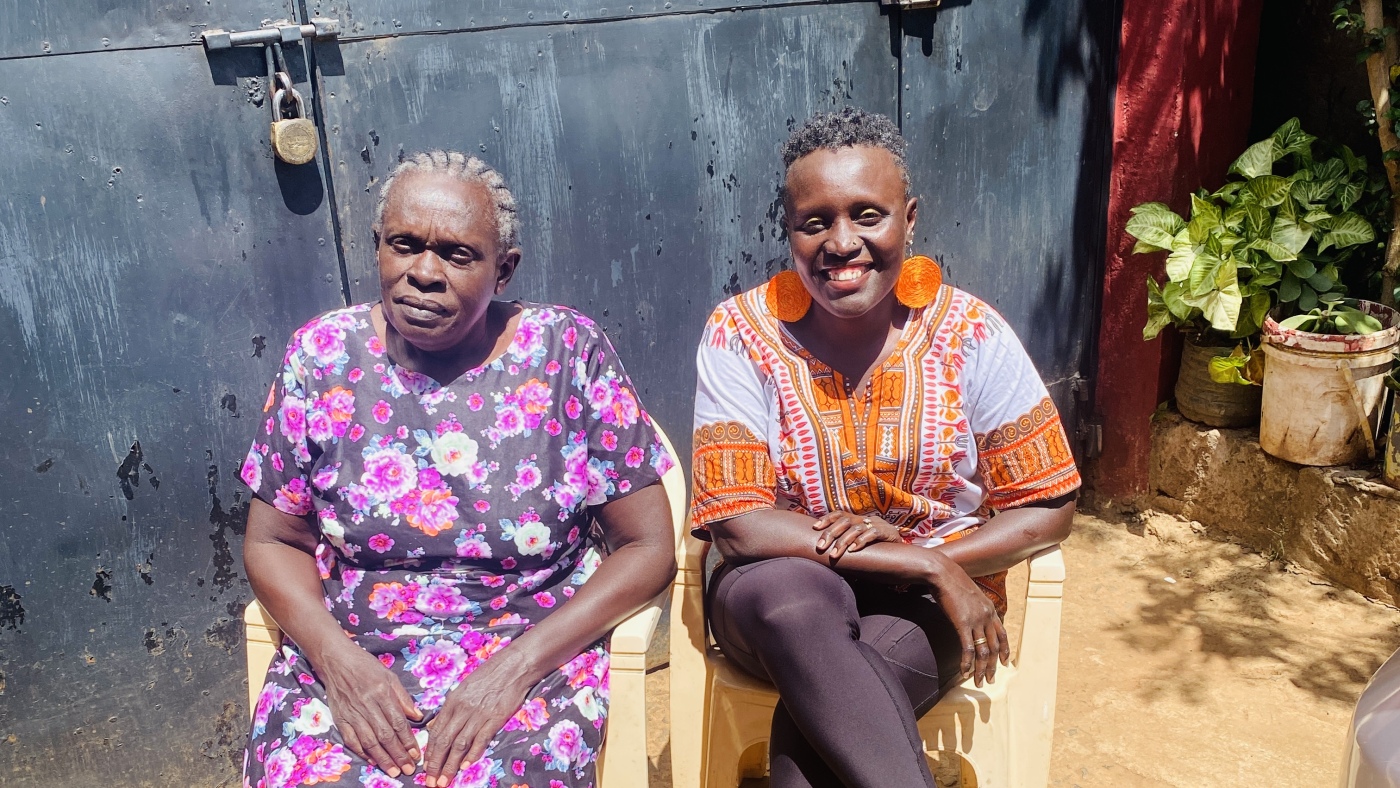Understanding the Complexity of a Mother’s Tough Love
As children, we often perceive our mothers’ tough love as harsh or unyielding. Esther Ngumbi, in her essay, recalls her mother’s constant refrain, “Work hard, my children.” This directive, while seemingly stern, was rooted in a desire to instill resilience and a strong work ethic. Understanding why mothers are hard on their children requires delving into the multifaceted roles and pressures they face.
The Burden of Expectations
Mothers often carry the weight of societal and personal expectations. They are expected to be nurturers, educators, and disciplinarians all at once. This multifaceted role can lead to a tougher approach, as seen in Ngumbi’s experience. The pressure to ensure their children succeed can drive mothers to push their children harder than they might push themselves. This is evident in the case of Mark*, who, despite being a good student, felt the constant pressure to excel.
The Impact of Personal History
A mother’s upbringing and personal history significantly influence her parenting style. Exploring a mother’s background can provide insight into her actions. For instance, a mother who grew up in a large family with many responsibilities might instill a similar sense of duty in her own children. This was the case with Esther Ngumbi’s mother, who came from a family of ten children and had early responsibilities. Understanding this history can foster empathy and forgiveness.
The Emotional Toll
Mothers often grapple with their emotional well-being, which can affect their parenting. Conditions such as depression, as seen in the article “Growing Up With a Depressed Mother,” can alter a mother’s behavior and interactions with her children. Similarly, Depleted Mother Syndrome can leave mothers feeling emotionally and physically drained, making it challenging to provide the nurturing environment children need.
The Fear of Failure
Mothers who were hard on their children often do so out of a fear of failure. They want their children to avoid the pitfalls they themselves faced. This fear can manifest as constant pushing and high expectations. For instance, a mother who struggled with poverty might push her children to excel academically to secure a better future. This fear can also stem from a desire to protect children from the harsh realities of life, as seen in the case of Mark*.
The Desire for Independence
Some mothers believe that by being tough, they are preparing their children for the realities of life. They want their children to be independent and resilient, able to navigate challenges without constant support. This approach, while tough, is often driven by love and a desire to see their children thrive.
The Unspoken Love
Behind the tough exterior, there is often a deep love and concern for the child’s well-being. This love might not always be expressed in ways that children understand or appreciate. It is a love that wants the best for the child, even if it means being hard on them. This is evident in the article “10 Ways My Mom Has Inspired Me And The Lessons She Has Taught Me,” where the author reflects on the profound impact of her mother’s tough love.
The Healing Process
Healing from a tough upbringing involves understanding and forgiving the mother’s actions. It requires recognizing that her tough love was often a manifestation of her own struggles and fears. This healing process can be facilitated through open communication and setting healthy boundaries. It is a journey of self-discovery and empathy, as seen in the article “The Unexpected Impact of Growing Up with a Difficult Mother.”
Conclusion
Embracing the Complexity
Understanding why mothers are hard on their children involves recognizing the complexity of their roles and the pressures they face. It requires empathy, forgiveness, and a willingness to see beyond the tough exterior. By embracing this complexity, we can heal from our past and appreciate the love and concern that often underlies a mother’s tough love. This journey is not easy, but it is a necessary step towards understanding and healing.


